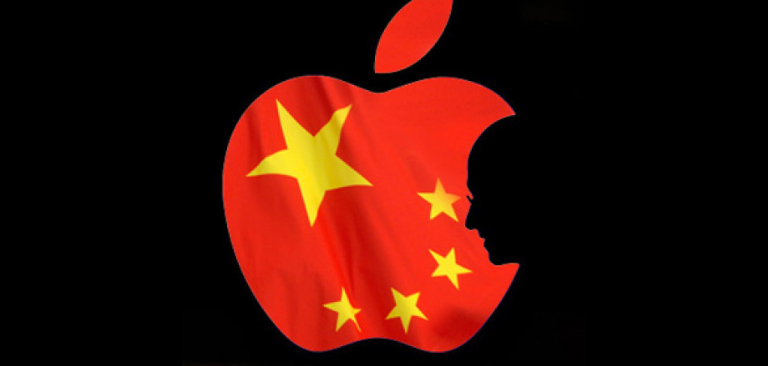Apple has removed 39,000 games from its App Store in China to comply with strict Chinese regulations. The removal is the largest ever in a day.
The Chinese government requires games with in-app purchases to acquire a license before distribution. To comply with that regulation, today, Apple removed 39,000 games that did not have a license. The purge affected big titles such as NBA 2K20 and Ubisoft’s Assassin’s Creed Identity, according to research firm Qimai.
Qimai also noted out of the 1,500 top paid games on the App Store, only 74 survived the massive removal. In total, Apple removed 46,000 games and apps.
Initially, Apple gave developers up to end-of-June to comply with the license requirement. Later, the company extended the deadline up to December 31.
Google has long complied with the regulation in its Play Store. However, Apple continued allowing apps that did not comply. It is not clear why the iPhone manufacturer has started following the regulation this year.
According to analysts, the company is following the rules to fall in the good graces of the Chinese regulators. Unlike previous removals, this one will not significantly affect the company’s bottom line. Apple CEO Tim Cook has previously talked about how China could be the company’s biggest market in the future.
But what does all this mean for game developers and the iOS gaming market in China? Analysts suggest that developers could switch to the ad-supported model instead of the paid and in-app purchases model.
“However, this major pivot to only accepting paid games that have a game license, coupled with China’s extremely low number of foreign game licenses approved this year, will probably lead more game developers to switch to an ad-supported model for theirChinese versions,” explained Todd Kuhns, the marketing director at AppInChina, a firm that helps distribute foreign apps in China.
Meanwhile, in the US, Apple could soon be forced to remove “untrusted” apps from China from its App Store.
An Apple spokesperson told Reclaim The Net:
“Apple studies these requests carefully whenever we receive them, and we contest and disagree with them often. Though the final decisions sometimes run contrary to our wishes, we believe that our customers are best served when we remain in the country providing them access to products that promote self-expression with world-class privacy protections.”










